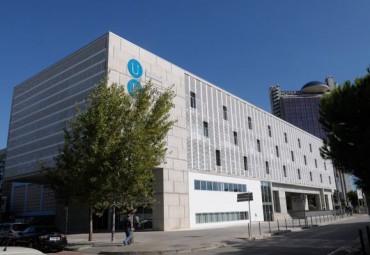Department of General Psychology
University of Padova
Funded by

The anticipatory brain: a developmental cognitive neuroscience perspective
Our perception and cognition of the world are constantly shaped not just in response to external sensory events, but also according to our internal representations of where and when we expect events to happen. Within this theoretical framework, the ability to predict the spatiotemporal dynamics of relevant events’ occurrence stands as a fundamental skill allowing us to reduce uncertainty about future and, consequently, to translate predictions into anticipatory neural activity. This allows prioritizing certain properties of the expected stimulus and, consequently, optimizing our behavior in reaction to it. Crossing a busy street at the right moment is just one among thousands of real-life examples of how anticipating where and when events will occur allows us to selectively orient our attentional resources in space (Spatial Orienting) and time (Temporal Orienting). In spite of this, while spatial attention has been widely investigated within psychology and neuroscience, the temporal dimension has slipped out of core attention research until recently.
In my presentation I will try to shed some light onto the neurocognitive mechanisms at the basis of the ability to generate, implement and update temporal expectation and how this translates into stimulus anticipatory neural activity. In particular, recent experimental evidence from adult as well as typically-developing children and infants will be shown and discussed in the attempt to provide a theoretical framework to account for the functional properties of the anticipatory brain and how this emerges and builds-up ontogenetically.
 |

